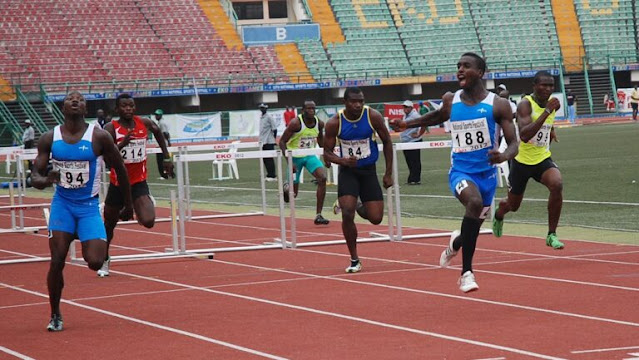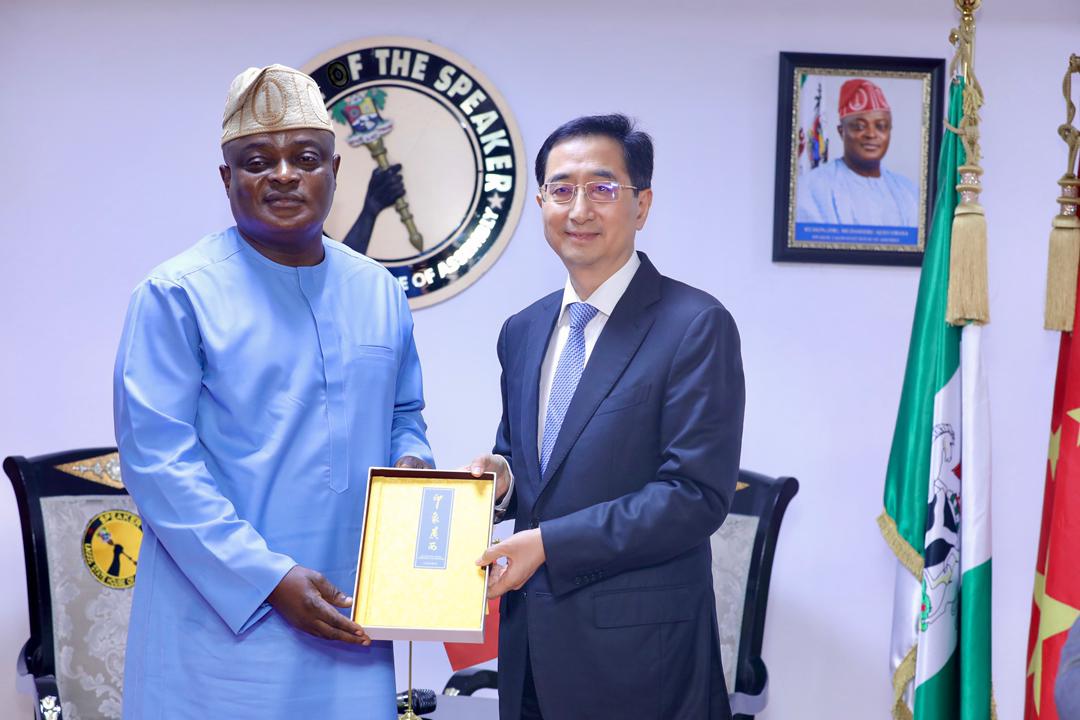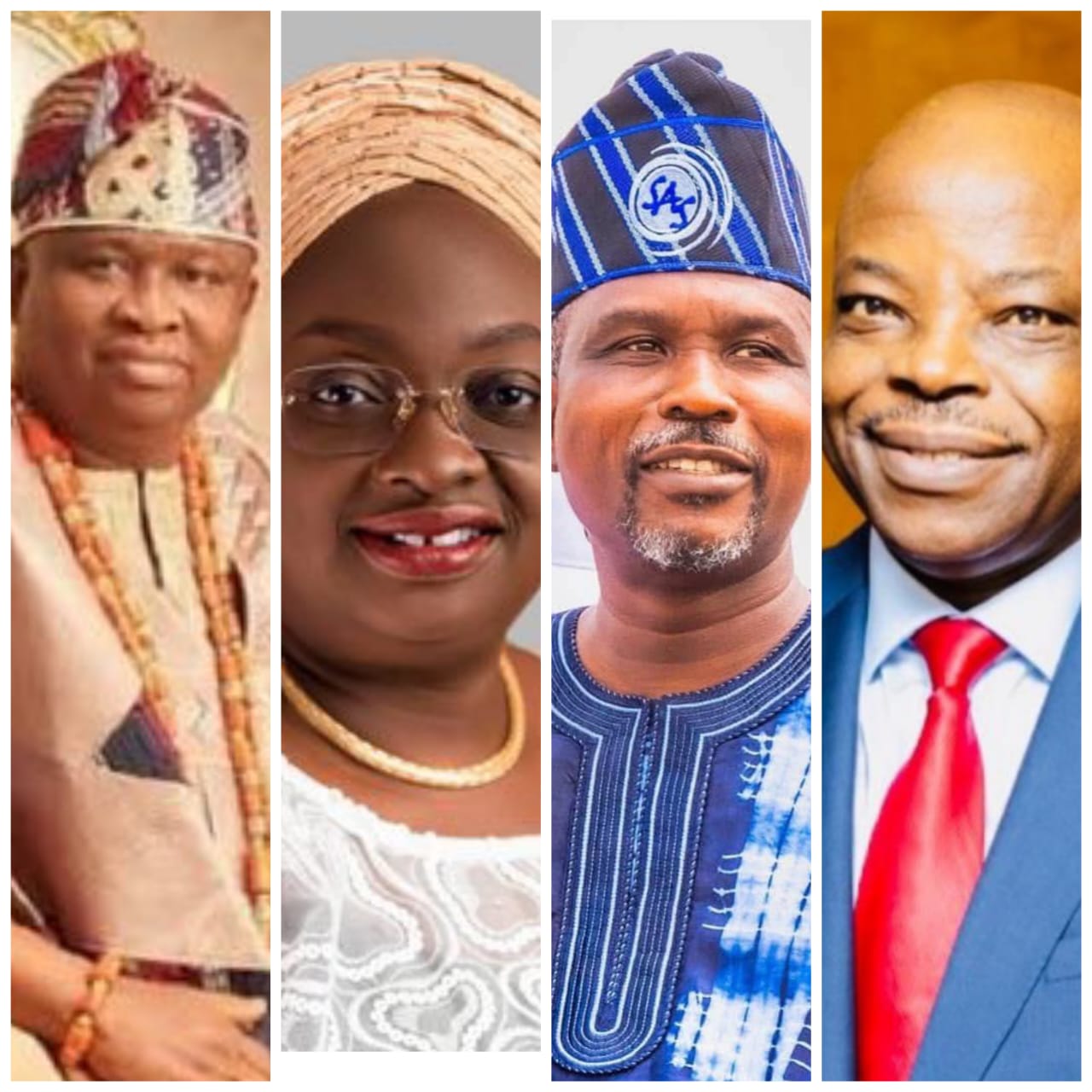On Monday, August 25, 2025, Governor Abba Yusuf of Kano State announced a significant decision to airlift the state’s contingent of 170 athletes to Asaba, Delta State, for the upcoming National Youth Games. This decision, disclosed by Ibrahim Fagge, the acting Chairman of the Kano State Sports Commission, underscores the governor’s unwavering commitment to ensuring the safety and well-being of athletes representing the state at national competitions. The move comes in the wake of a tragic road accident that claimed the lives of 22 Kano athletes returning from the Gateway Games in Ogun State, a memory that continues to shape the state’s approach to youth sports. This report provides a comprehensive examination of the governor’s decision, its implications for Kano’s athletes, the state’s preparations for the Games, and the broader significance of this initiative in promoting youth development and safety in sports.
A Commitment to Athlete Safety
Governor Abba Yusuf’s approval of the airlift for Kano’s contingent to the National Youth Games is a direct response to the need to prioritize the safety of athletes. The tragic loss of 22 young athletes in a road accident following the Gateway Games in Ogun State remains a painful chapter in Kano’s history. The incident, which shocked the state and the nation, highlighted the risks associated with road travel for sports contingents, particularly over long distances. In response, Governor Yusuf has taken proactive measures to ensure that such a tragedy is not repeated.
Ibrahim Fagge, speaking to journalists after a meeting with the Commissioner for Youths and Sports Development, Alhaji Mustapha Kwankwaso, emphasized the governor’s deep concern for the safety of Kano’s athletes. “The governor has shown genuine concern and readiness to deploy all available means to protect the lives and property of Kano people,” Fagge stated. The decision to airlift the contingent to Asaba, rather than rely on road transportation, reflects a strategic shift aimed at minimizing risks and ensuring that athletes can focus on their performance without the added burden of safety concerns.
The airlift will see the 170 athletes depart from Malam Aminu Kano International Airport on Tuesday, August 26, 2025, for the 10-day competition in Asaba. This move not only demonstrates the state government’s commitment to athlete welfare but also sets a precedent for other states to prioritize safety in sports travel. By investing in air transportation, Governor Yusuf is sending a clear message that the lives of young athletes are a top priority, and no effort will be spared to protect them.
The National Youth Games: A Platform for Excellence
The National Youth Games, held annually, are a cornerstone of Nigeria’s efforts to nurture young talent and promote sports development at the grassroots level. The event brings together athletes from across the country to compete in a variety of sporting disciplines, providing a platform for young people to showcase their skills, build camaraderie, and gain exposure to national competition. For Kano State, the Games represent an opportunity to demonstrate its commitment to youth development and to cement its reputation as a powerhouse in Nigerian sports.
Kano’s contingent of 170 athletes will compete in 17 different sporting events, ranging from athletics and swimming to team sports like football and basketball. The diversity of events reflects the state’s investment in a broad-based sports program that caters to a wide range of talents and interests. Ibrahim Fagge, in his remarks, urged the athletes to give their best performances and to uphold the highest standards of discipline and sportsmanship. “You are not just representing yourselves but the entire state of Kano,” he said. “Serve as worthy ambassadors and make us proud.”
The preparation for the Games has been meticulous, with the Kano State Sports Commission working closely with coaches, trainers, and athletes to ensure they are in peak condition. The commission has also prioritized mental and emotional preparation, recognizing that competing at a national level can be both exhilarating and challenging for young athletes. By fostering a culture of discipline and excellence, the state aims to position its contingent for success in Asaba.
Logistical Support and Community Engagement
In addition to the airlift, Governor Yusuf’s administration has taken steps to ensure that the contingent is well-supported during the Games. According to Fagge, two coaster buses with drivers have already been dispatched to Asaba to provide local logistics for the team. This move ensures that the athletes have reliable transportation within Delta State, allowing them to focus on their events without logistical distractions. The provision of these buses also reflects the state’s attention to detail and its commitment to providing a seamless experience for its athletes.
The involvement of the Commissioner for Youths and Sports Development, Alhaji Mustapha Kwankwaso, in the planning process underscores the collaborative approach taken by the state government. Kwankwaso’s leadership has been instrumental in aligning the state’s sports programs with its broader youth development goals. By working closely with the Sports Commission, he has helped ensure that the contingent is well-prepared and adequately resourced for the Games.
Fagge also called on the residents of Kano to support the athletes through prayers and encouragement. “We urge the people of Kano to pray for the success of our team as they depart for Asaba,” he said. This appeal reflects the strong sense of community pride and unity that characterizes Kano’s approach to sports. The state has a rich history of producing talented athletes who have excelled at national and international levels, and the National Youth Games provide an opportunity to continue this legacy.
The Broader Context: Youth Development in Kano
Governor Yusuf’s decision to prioritize athlete safety and support for the National Youth Games is part of a broader agenda to promote youth development in Kano State. With a population of over 15 million, Kano is one of Nigeria’s most populous states and has a significant youth demographic. However, like much of the country, it faces challenges such as high youth unemployment, limited access to education, and social unrest. Sports have emerged as a powerful tool for addressing these challenges, offering young people opportunities for personal growth, skill development, and economic empowerment.
The National Youth Games align perfectly with this agenda. By providing a platform for young athletes to compete and excel, the Games foster a sense of purpose and ambition among participants. For many, the opportunity to represent Kano at a national level is a source of pride and motivation, inspiring them to pursue excellence in sports and beyond. The skills developed through sports—discipline, teamwork, and resilience—are transferable to other areas of life, making initiatives like the Games a critical component of youth empowerment.
Governor Yusuf’s administration has made youth development a cornerstone of its governance strategy. In addition to sports, the state has invested in education, vocational training, and entrepreneurship programs to equip young people with the tools they need to succeed. The airlift for the National Youth Games is a tangible example of this commitment, demonstrating the government’s willingness to allocate resources to support its youth.
Lessons from Tragedy: The Gateway Games Accident
The decision to airlift the contingent to Asaba is deeply rooted in the tragic lessons of the Gateway Games accident. The loss of 22 athletes in a road crash while returning from Ogun State was a devastating blow to Kano’s sports community and the state as a whole. The incident sparked widespread grief and prompted calls for improved safety measures for athletes traveling to national competitions.
The tragedy highlighted the risks associated with road travel in Nigeria, where poor road conditions, reckless driving, and inadequate vehicle maintenance contribute to a high rate of accidents. For sports contingents, these risks are compounded by the need to transport large groups of athletes, coaches, and officials over long distances. The Gateway Games accident underscored the need for alternative transportation options, such as air travel, to ensure the safety of athletes.
Governor Yusuf’s approval of the airlift reflects a proactive approach to addressing these risks. By opting for air transportation, the state is not only protecting its athletes but also setting a standard for other states to follow. The decision also sends a message of accountability and responsibility, demonstrating that the government is responsive to the needs and concerns of its citizens.
The Role of Sports in Kano’s Development
Sports have long played a significant role in Kano’s cultural and social fabric. The state has a proud history of producing talented athletes in disciplines such as athletics, boxing, and football, many of whom have gone on to represent Nigeria on the global stage. The National Youth Games provide an opportunity to nurture the next generation of sporting talent, ensuring that Kano continues to contribute to Nigeria’s sporting legacy.
Beyond individual achievement, sports have the power to drive economic and social development in Kano. The success of athletes at national and international competitions can inspire young people, boost tourism, and attract investment to the state. Events like the National Youth Games also foster unity and pride among residents, reinforcing Kano’s identity as a vibrant and dynamic state.
The state government’s investment in sports infrastructure, such as stadiums, training facilities, and youth academies, is a testament to its recognition of these benefits. By supporting initiatives like the National Youth Games, Governor Yusuf is not only promoting sports but also contributing to the broader goals of economic diversification and social cohesion.
Challenges and Opportunities
While the airlift and logistical support for the National Youth Games are commendable, Kano’s sports sector faces several challenges that must be addressed to sustain its progress. Funding remains a critical issue, as sports programs require significant investment in facilities, equipment, and training. The state government will need to explore innovative financing models, such as public-private partnerships, to ensure the sustainability of its sports initiatives.
Access to quality coaching and training is another challenge. While Kano has a pool of talented athletes, many lack access to world-class coaching and facilities that can help them compete at the highest levels. The state government can address this by investing in training programs, recruiting experienced coaches, and partnering with national and international sports organizations.
The safety of athletes, both during travel and at home, is an ongoing concern. While the airlift to Asaba is a positive step, the state must continue to prioritize safety in all aspects of its sports programs. This includes ensuring that training facilities meet safety standards, providing medical support for athletes, and implementing robust risk management protocols.
Despite these challenges, the opportunities for sports development in Kano are immense. The state’s large youth population provides a vast pool of talent, and its strategic location in northern Nigeria makes it a potential hub for regional sports events. By leveraging these opportunities, Kano can position itself as a leader in Nigerian sports and a model for other states.
Conclusion
Governor Abba Yusuf’s approval of the airlift for Kano’s contingent to the National Youth Games is a powerful demonstration of his administration’s commitment to athlete safety and youth development. The decision, driven by the tragic lessons of the Gateway Games accident, reflects a proactive approach to protecting the lives of young athletes and ensuring their success on the national stage. With 170 athletes competing in 17 events, Kano is poised to make a strong showing in Asaba, showcasing its talent and reinforcing its reputation as a sporting powerhouse.
The airlift, combined with logistical support such as the provision of coaster buses, underscores the state’s comprehensive approach to the Games. By fostering discipline, excellence, and community support, Governor Yusuf and his team are not only preparing athletes for competition but also investing in the future of Kano’s youth. As the contingent departs from Malam Aminu Kano International Airport on August 26, 2025, the people of Kano are united in their hopes for a successful and safe outing, with prayers for their athletes to shine as worthy ambassadors of the state.







